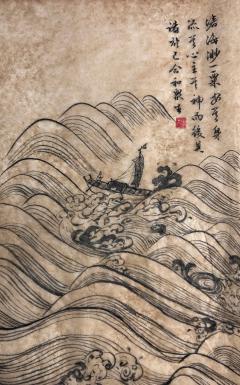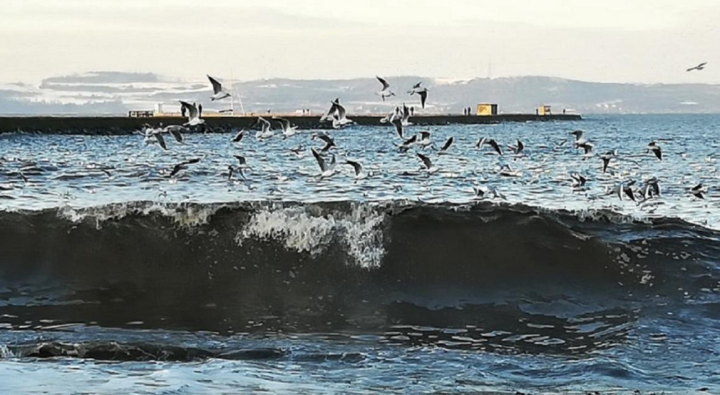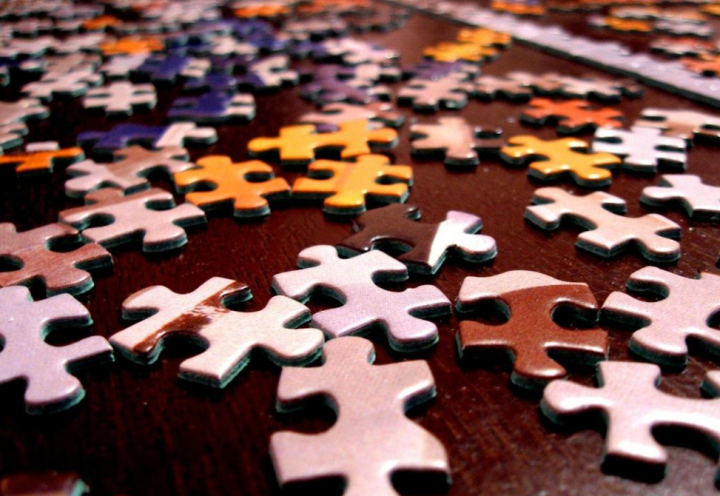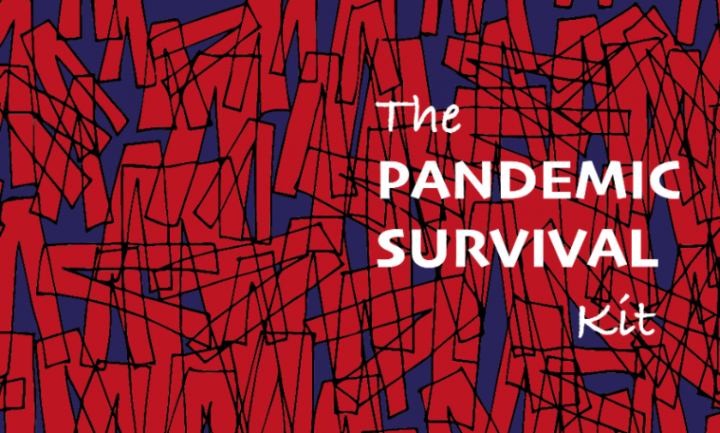Unmasking Covid: What has Covid done to us?
Reflections post-Covid by Bo Van Broekhoven
PhD student Bo Van Broekhoven said in the Chaplaincy one day ‘We have got to talk about Covid!’. From there, she curated with Harriet Harris, the University Chaplain, the event in early February 2023:
Unmasking Covid: What has Covid done to us?
What do we (want to) remember, what do we (want to) forget, what stories do we tell and what silences do we keep?
Helping us with our reflections were:
Sarah Moss, whose novel The Fell, is set in lockdown, and whose Radio 4 stories, Accidents and Emergencies, also fall within the pandemic years
Yujun Xu, Post-doctoral Researcher at Peking University, formerly at University of Edinburgh, who works on intercultural compassion and education, including speaking recently in Norway on "what might go missing when education is digitalized". Yujun supplied the artwork!
Kirsty Stewart from the University’s Heritage Collections (Research & Curatorial), which has been curating items related to our Covid experience from the UoE community, in order to preserve our record of Covid.

Bo reflects on the event here:
I was encouraged and grateful to see many faces arriving on Thursday morning, open to engage in communal reflection about experiences of Covid. The event provided welcome space to air thoughts, questions, and statements, some of which I think may be useful to others as well.
In an insightful passage of The Fell, Sarah Moss articulated the frustration around choices being taken away, the indignation at being categorized and the reconnection to nature that many of us experienced during Covid lockdowns. Does rule-following behaviour depend on nationality, or on the rules imposed in the first place?
We spoke about the lack of narrative structure of the pandemic, which hinders us from making sense of the Covid experience as a demarcated phase in our lives. The lack of a clear story has exacerbated feelings of chaos, leaving us with residual unrest, anxiety, and exhaustion. We discussed how stories with beginnings and endings offer us helpful tools to process our experiences.
We spoke of permacrisis, the ‘word of the year’ for 2022, and the daunting quest of trying to wrap our minds around that. I found great solace in a comment made about grief. Grieving is an essential part of healing; however, its expression and timespan differ per person and event. Where some people may recover from a hurt within weeks, others spend the rest of their lives trying to feel safe again. Some cry extensively, some go about business as usual. Looking at the Covid experience through the lens of grief may help us better come to terms with the varied responses and needs it prompted.
Kitty Wheater introduced us to the idea of pockets of goodness, and the way these became incorporated into the Chaplaincy’s Pandemic Survival Kit. She explained how trauma is healed not by thrusting ourselves back into the experience, but by an embrace of those things that helped us get through it. I was honoured by the extent to which we were all able to open up towards each other. Shared stories of moral dilemmas and compassionate choices that nevertheless led to ruptures within our social relationships. Points of low mood in life, but highs as well.


During lockdowns, we often found ourselves confronted with a dire need for socializing and progress. Yujun Xu spoke about initiatives for creative connection; sessions where artists taught others new skills in a way that not only comforted, but bonded all of them. It was inspiring to hear about discovered strengths and skills developed through Covid. Kirsty Stewart pointed out the sheer abundance of creativity that seemed to have been tapped into.
Urzula Glienecke invited us to share our stories of the Covid experience, and spoke about the artful expression they may find. Tying knots was one of the first forms of communication in the world, and Urzula explained how sailors would often incorporate a red thread in their elaborate knots to untangle them after the need for them passed. Covid can be viewed as a red thread connecting us all together, and in untangling the knot we may well discover how that connection has made positive impacts upon our lives.
We asked ourselves hard questions about trust. Powerfully but painfully honest, we admitted that we feel betrayed by those in roles of authority, by those in our immediate communities, sometimes by our own bodies. We returned time and time again to the importance of compassion, for others and for ourselves. My intuition on rebuilding trust brings up an image of expanding concentric circles; myself, my close friends and family, the communities I am part of, leading up to society as a whole. Yujun spoke about our individual lights and the power of shining them in order to help fuel others.
The event did not mark a neatly defined ending to Covid; rather, it felt like the start of a conversation that we hope to continue, for however long we need, to keep processing and healing from the Covid experience.
With thanks to Stewart Dennis and the Chaplaincy Admin Team for the organisational and technical backup


